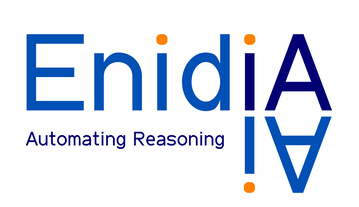Leya Law
Tool Information
Leya Law is an advanced AI legal assistant specifically developed to empower legal professionals by automating and optimizing various aspects of their work. Its core capabilities include sophisticated legal research, allowing users to quickly find relevant statutes, precedents, and legal opinions. The platform also excels in document drafting, assisting with the creation of contracts, briefs, and other legal documents by leveraging generative AI to produce high-quality, contextually appropriate text. Furthermore, Leya Law offers robust contract analysis, enabling rapid review and extraction of key clauses and terms from complex agreements. It facilitates efficient case summarization, distilling lengthy legal texts into concise overviews, and supports comprehensive knowledge management by organizing and making internal legal data easily accessible.
Targeted at lawyers, law firms, and in-house legal departments, Leya Law aims to reduce the time spent on routine, labor-intensive tasks, thereby freeing up legal experts to focus on strategic decision-making and client-facing activities. Its use cases span litigation support, transactional law, compliance, and general legal practice, providing tools to enhance productivity, improve document quality, and ensure greater accuracy across all legal operations. The platform emphasizes security and compliance, ensuring that sensitive legal data is handled with the utmost care and adherence to industry standards.
| Pros |
- Significantly increases efficiency in legal workflows
- Automates time-consuming research and drafting tasks
- Improves accuracy and consistency of legal documents
- Enhances knowledge management and accessibility of legal information
- Designed with legal industry security and compliance in mind
- Allows legal professionals to focus on higher-value work
|
| Cons |
- Potential for AI-generated content to require human review for accuracy and nuance
- Reliance on the quality and scope of training data
- May have a learning curve for new users
- Specific pricing information is not publicly available
- suggesting potentially high costs for smaller firms
- Does not replace the need for human legal judgment and expertise
|
 AI Tool Buzz
AI Tool Buzz
 Enidia AI SARL-S
Enidia AI SARL-S